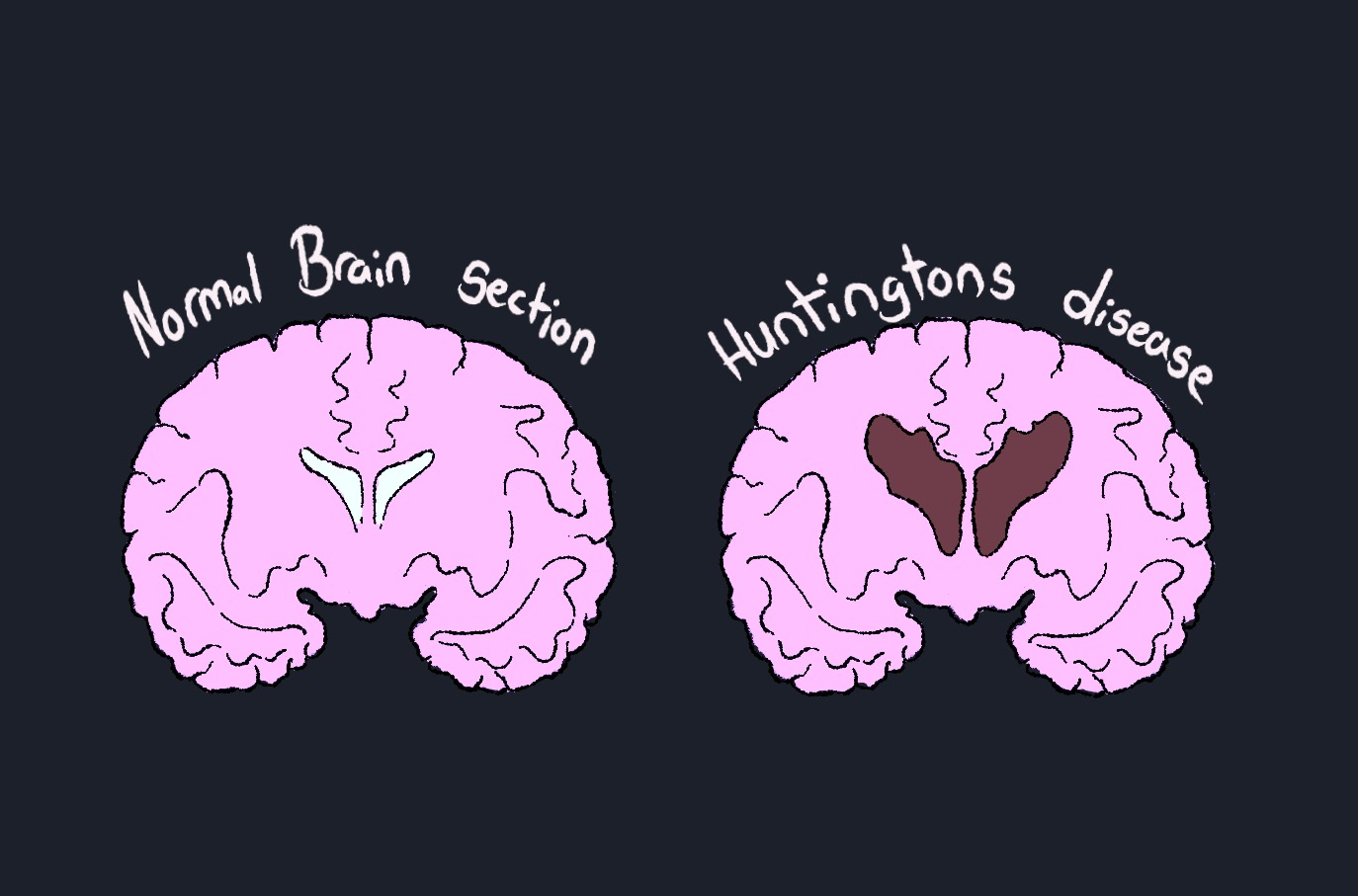By Eshaan Joshi
On June 18, Hardeep Singh Nijjar, a Sikh Separatist with alleged ties to Sikh terrorist groups, was killed by the Indian government. This would have been nothing unexpected had it not been for the location in which he was killed: Canada.
The uproar in response to this has led to shockwaves between India and Canada, as the unlawful killing of someone in another country is an international relations issue. Assassination of political enemies within a country’s borders is frowned upon, but once violence spreads across nations and extradition rights are revoked, the situation gets dicier.
The Five Eyes intelligence alliance was the first to report information on this activity, which Prime Minister Justin Trudeau took to parliament in an effort to shed further light on it.
Meanwhile, India responded with the shutdown of many links between the two countries, requesting Trudeau decrease his diplomatic staff, and additionally shutting down the company processing Indian visas for Canadian citizens, leading to the cutting off of thousands of people with connections to the subcontinent. This move has led to further tit-for-tat responses: India rejected Canada’s claims as “absurd.”
India has long had a policy of pursuing separatist movement leaders within the country. The Sikh Separatist movement, which lasted from the 1970s to the 1090s with broad violence, ended with the assassination of Prime Minister Indira Gandhi after her raid on Amritsar and the subsequent riots against the Sikhs.
With India’s fears that a new wave of separatist sentiment may be on the rise, as well as the complexities in India’s current relationship with some northern border states and the moves that the Modi Government has been pushing, the country has spent earnest efforts clamping down on separatist movements. Nijjar, a high-profile separatist among the Sikh diaspora, and with his attempts to organize separatist votes for the Sikhs, became a target for the country. India also alleges that Nijjar had ties to terrorist organizations, which he denied.
India’s military intelligence agency, the Research and Analysis Wing (RAW), has become more and more emboldened recently, with multiple killings of high-ranking enemies of the state in Pakistan. The recent killing on Canadian soil would be RAW’s first extrajudicial action in a Western country and could lead to a more direct response than India gave Pakistan.








Leave a Reply